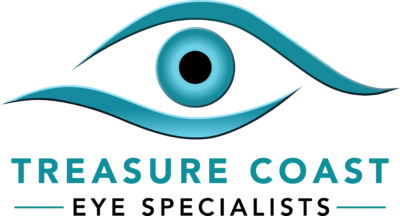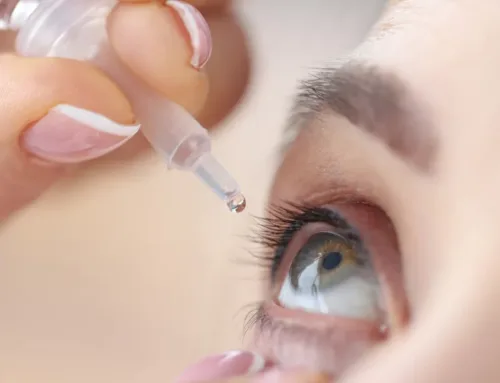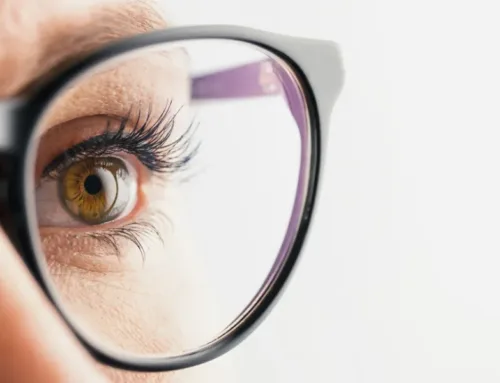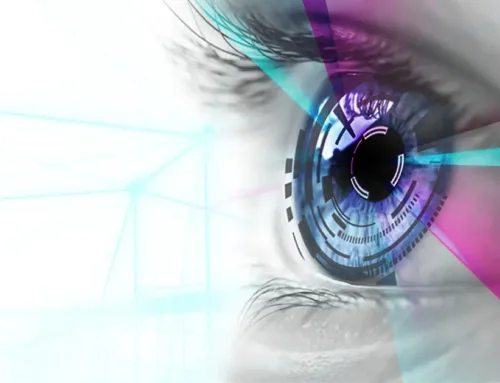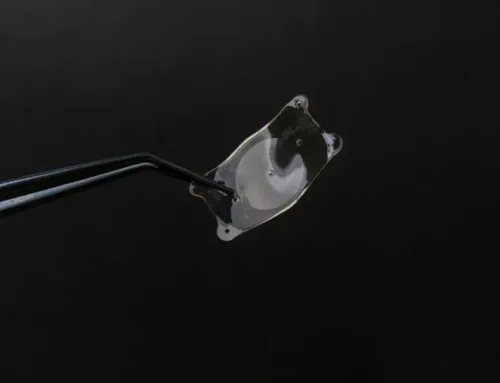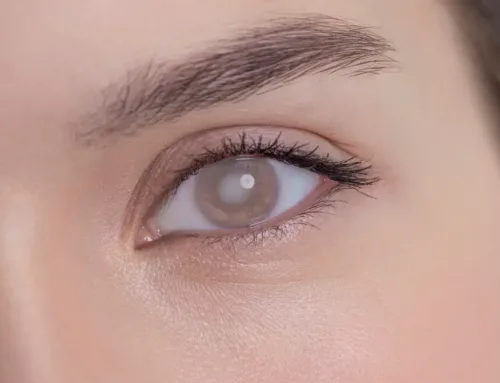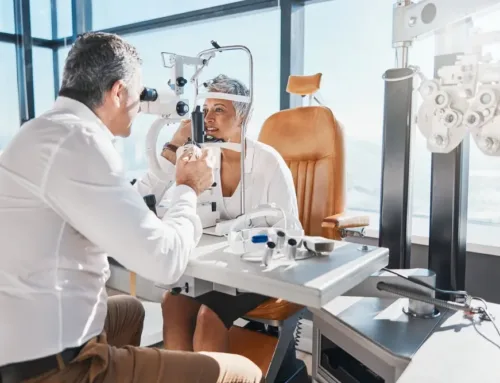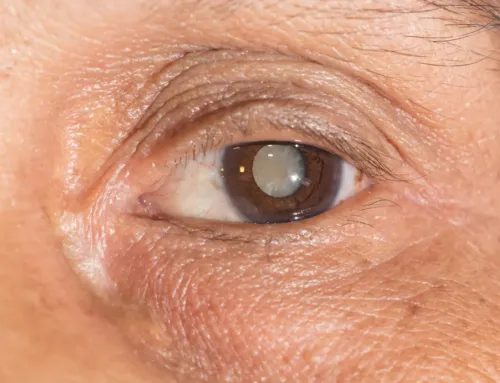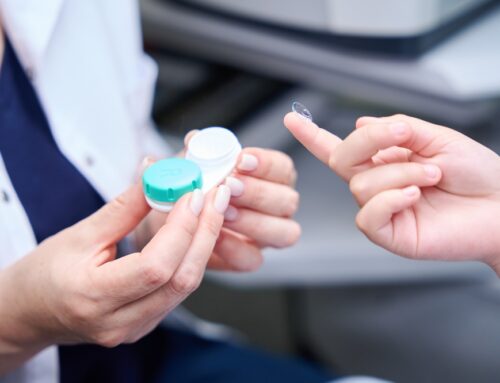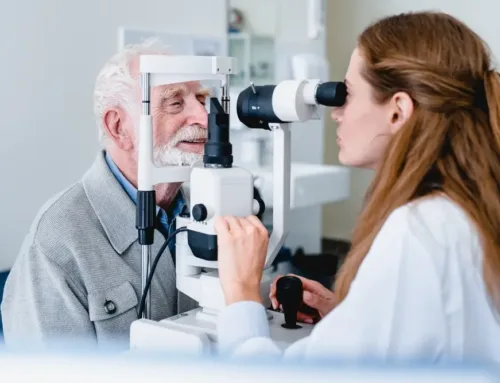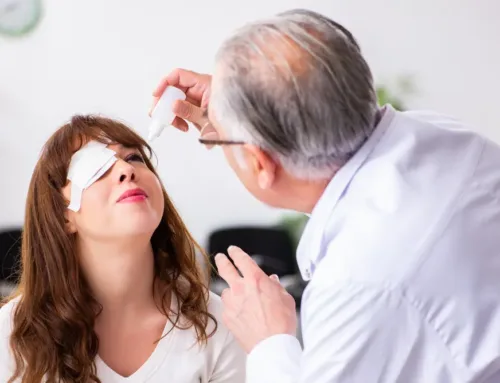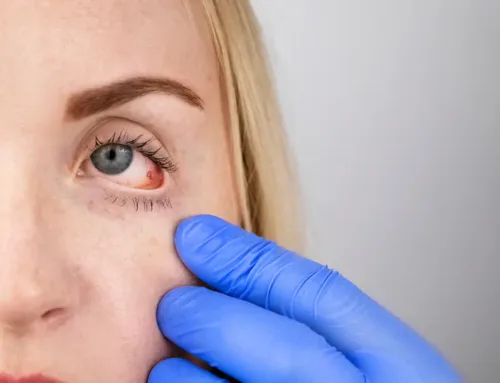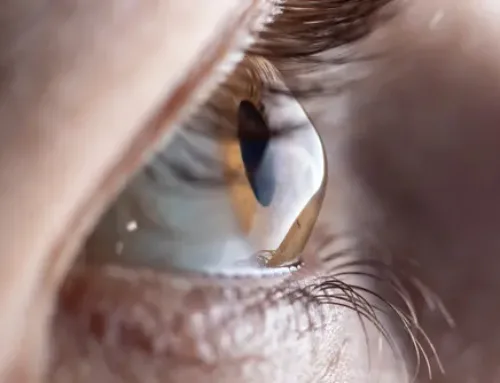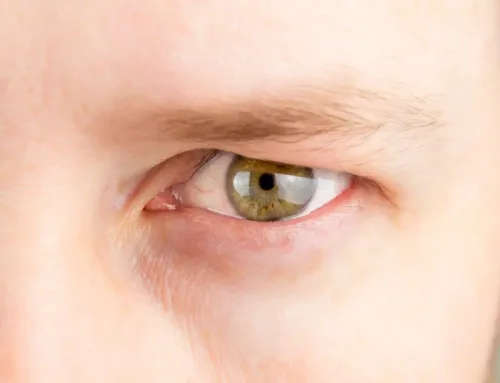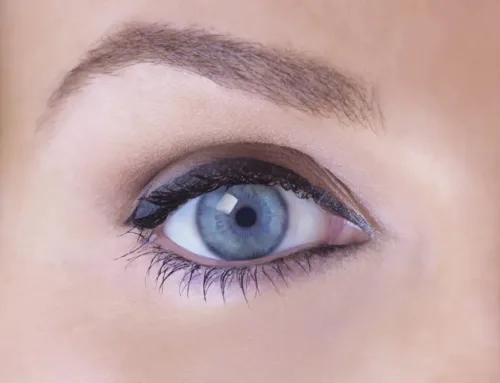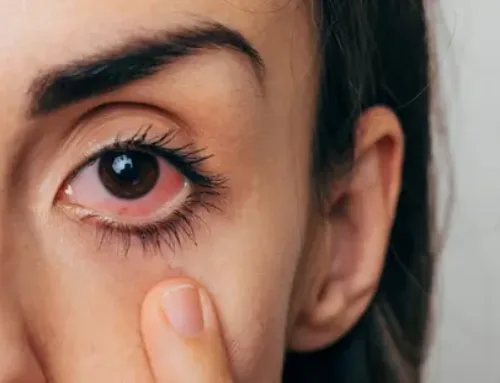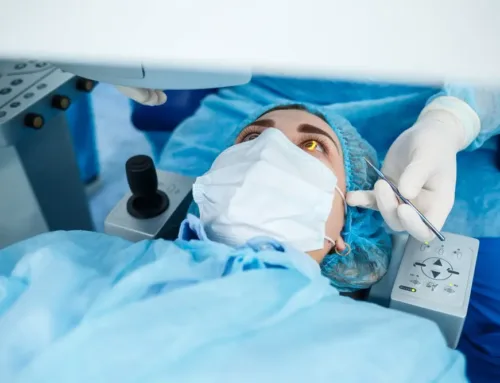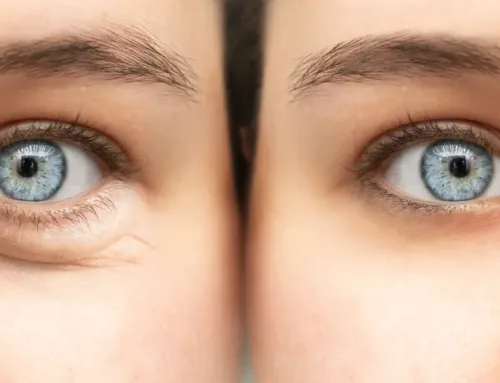High blood sugar, or hyperglycemia, is a condition in which an excessive amount of glucose circulates in the blood plasma. This could be due to insufficient insulin production, resistance to insulin, or both. In simpler terms, your body doesn’t use insulin effectively, causing sugar to build up in your blood.
This condition is often associated with diabetes, and it’s important to understand that prolonged periods of high blood sugar can lead to serious health issues, including heart disease, kidney disease, and, of course, diabetic retinopathy. The excess glucose in your bloodstream can lead to damage in various body tissues, including the delicate blood vessels in your eyes. 
The Link Between High Blood Sugar And Diabetic Retinopathy
It’s not common knowledge that these two are intrinsically linked. The long-term effect of high blood sugar levels can lead to changes in the small blood vessels that nourish your retina, causing them to leak fluid or hemorrhage (bleed). Over time, these damaged blood vessels can lead to diabetic retinopathy.
The relationship between these two conditions is a complex interplay of metabolic, genetic, and environmental factors. High blood sugar levels can cause damage to the retina by altering the function and structure of its blood vessels. This can lead to swelling, hemorrhaging, and the formation of abnormal new blood vessels, which can cause vision loss or blindness.
The Impacts Of Diabetic Retinopathy On Vision
Diabetic retinopathy can have a severe impact on vision. It’s considered the most common cause of vision loss among people with diabetes and the leading cause of vision impairment and blindness among working-age adults.
In the early stages, diabetic retinopathy may cause no symptoms or only mild vision problems. However, as the condition progresses, it can lead to vision loss and blindness. This is why regular eye exams are so crucial for those living with diabetes.
The Importance Of Regular Eye Exams In Controlling Diabetic Retinopathy
Regular eye exams, particularly for those with diabetes, are essential for early detection and timely treatment of diabetic retinopathy.
During these exams, your eye doctor will look for signs of diabetic retinopathy and other eye problems. Early detection and treatment can reduce the risk of blindness by 95 percent. If you have diabetes, it’s crucial to have a comprehensive dilated eye exam at least once a year.
Preventing Diabetic Retinopathy With Blood Sugar Control
Preventing diabetic retinopathy begins with blood sugar control. Controlling blood sugar levels may significantly reduce the long-term risk of vision loss from diabetic retinopathy.
This can be achieved through a combination of diet, exercise, and medication, if necessary. It’s also important to monitor your blood sugar levels regularly and to take action if they’re consistently high. If you have diabetes, talk to your doctor about the best ways to manage your blood sugar levels and prevent complications like diabetic retinopathy.
Top Tips For Maintaining Eye Health With High Blood Sugar
Firstly, it’s crucial to manage your blood sugar levels. This might involve changing your diet, increasing your physical activity, or adjusting your medication. Secondly, don’t underestimate the importance of regular eye exams. These can help detect diabetic retinopathy early, when treatment is most likely to be successful. Lastly, if you smoke, quit. Smoking increases your risk of diabetic retinopathy and other diabetes complications.
Manage Your High Blood Sugar And Eye Health Today
Managing high blood sugar is crucial for eye health, particularly in preventing conditions like diabetic retinopathy. Regular eye exams are essential for early detection and timely treatment. Lifestyle changes, including diet and physical activity, can significantly help manage blood sugar levels and reduce the risk of diabetic retinopathy.
Understanding your condition is the first step towards managing it effectively. Stay informed and proactive about your health, and don’t let high blood sugar cloud your vision.
For more information on how high blood sure affects the eyes in diabetic retinopathy, visit Treasure Coast Eye Specialists offices in Port St. Lucie or Stuart, Florida. We are dedicated to maintaining and enhancing the quality of life for our patients through state-of-the-art medical care. Call 772-400-2400 or 772-286-0007 to schedule an appointment today.

